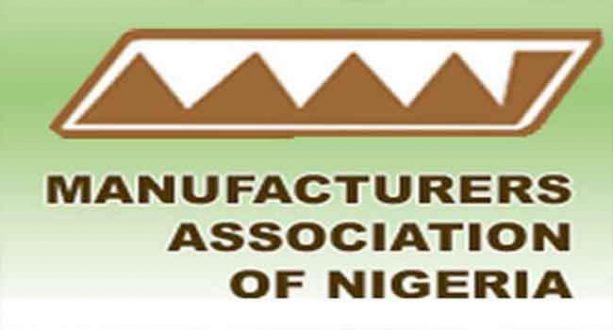MAN warns of output and revenue decline for five years
By Jeph Ajobaju, Chief Copy Editor
A 0.43 per cent decline in output and 40 per cent slash in revenue for five years will be the result of the new N10 per litre tax on carbonated drinks introduced by Abuja, going by the forecast of the Manufacturers Association of Nigeria (MAN).
MAN – a member of Organised Private Sector of Nigeria (OPSN) which has previously warned of business closures and job losses – has again voiced its concern sequel to the introduction of the Sugar Tax on January 1.
It argued that excise duty of N10 per litre on non-alcoholic, carbonated and sweetened beverages to meet treasury revenue aspirations may not be justified in the long run.
MAN Director General Segun Ajayi-Kadir said government estimates to generate N81 billion Sugar Tax from the Group between 2022 and 2025 will not compensate for losses in other taxes from the Group.
“For instance,” he explained, “the corresponding effect of reduced industry revenue on government revenues is estimated to be up to N142 billion contraction in Value Added Tax (VAT) raised by the sector and N54 billion CIT [Companies Income Tax] reduction between 2022 and 2025.
“This is not to mention the potential negative impact on manufactures/supply chain.”
He said what many people do not understand is that excise duty begets high production costs which adversely affect production levels and ultimately dwindle profits.
“This will grossly impact the small and emerging business owners in the non-alcoholic beverage sector.”
__________________________________________________________________
Related articles:
Abuja’s tax plan stokes fear of business closures, job losses
Lagos bread bakers protest against rising costs
Private power generators cost Nigerians N12tr yearly
__________________________________________________________________
Ripple effect
Ajayi-Kadir said Nigeria is the sixth highest consumer of soft drinks but per capita consumption is low, as reported by The Nation.
“Introducing excise will easily reduce production capacity causing manufacturers to struggle to meet investor commitments as well as cause investors to take investments to other countries.”
He insisted that a decrease in production levels or ability to purchase raw materials because of excise duty will reduce profits for non-alcoholic beverage supply chain players.
“One is particularly worried about the ripple effect of the introduction of the excise, despite strenuous evidence-based advice to the contrary. This will have unpleasant impact on employment, households and consumers.”
As seen from previous impact analysis, he said, excise affects production outputs, revenue and profits which cause companies to cut cost cuts to reduce the effect of diminishing revenue and profits by reducing employees’ salaries or retrenchment.
Nigeria’s unemployment rate is 33.3 per cent, the highest in the world, and the rate is projected to increase.
According to Ajayi-Kadir, further cut in jobs in an industry that employs over 1.5 million people directly and indirectly will worsen unemployment and spike social vices and moral decadence.
Reduction in consumers’ purchasing power
In his view, there will be a decline in consumers’ purchasing power as they earn income mostly by supplying labour to the industry and from owning a share in industry capital.
Households in turn use earned income to purchase food, shelter, and products from manufacturing industries, he stressed.
“Introduction of an additional tax will cause manufacturers in a bid to offset tax and maintain profit to raise prices of their products to higher rates thus shifting tax incident to consumers.”
Ajayi-Kadir said many times, non-alcoholic beverages serve as a quick source of carbohydrate and nutrients in the absence of actual food for the average low-income earner.
He cited a quick meal in bread or gala and a bottle of soft drink, saying, “an introduction of excise could lead to an increase in price, putting this food alternative out of the reach of the poor segments.”
He said the potential revenue gains as the basis for Sugar Tax despite its potential overwhelming negative impact, is “rather unfortunate.”
“It would appear that the goose that lays the golden eggs is being led to perdition, seeing that the affected sub-sector has contributed most significantly to the economy and taxes, despite the debilitating impact of naira devaluation, inadequacy of forex and the COVID-19 pandemic.
“The food and beverage sector contributed the highest (38 per cent) of the total manufacturing sector to Gross Domestic Product (GDP). It comprises 22.5 per cent of manufacturing jobs and generates more than 1.5 million jobs.
“So, this excise would certainly cast a sunset to this performance.”













